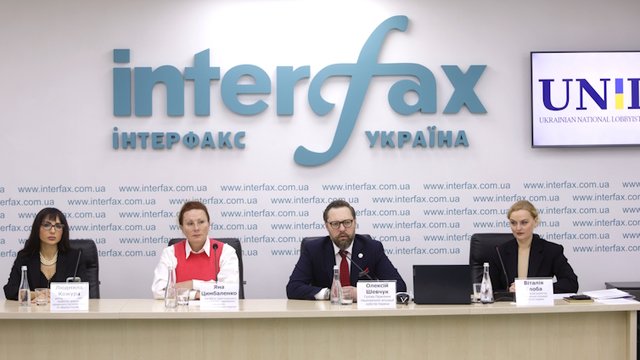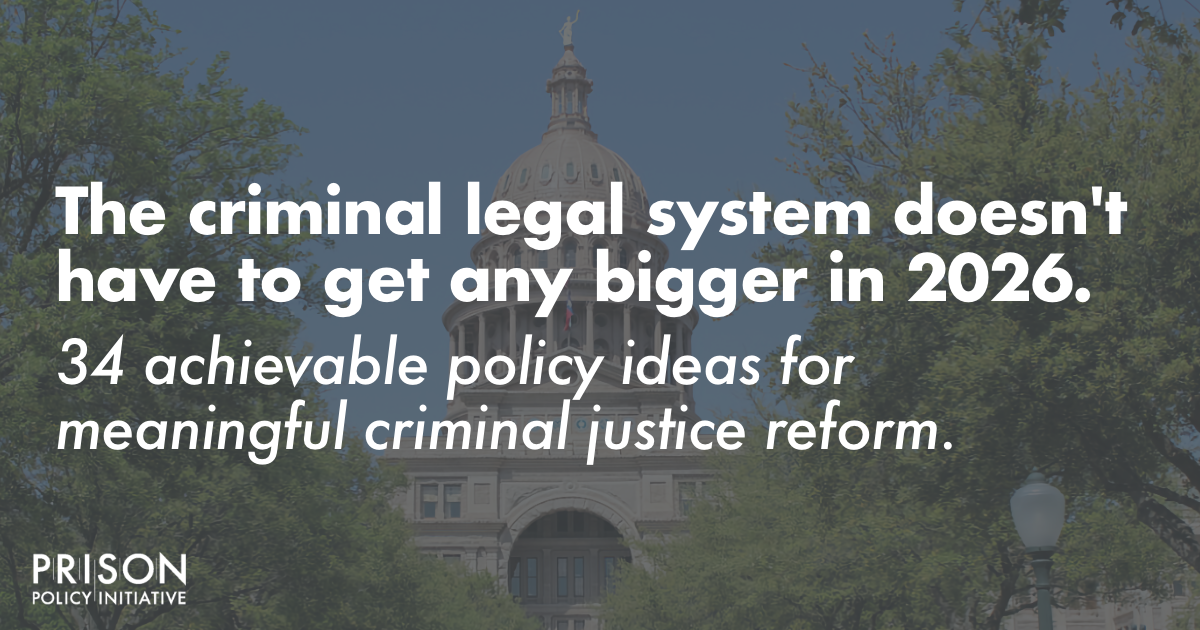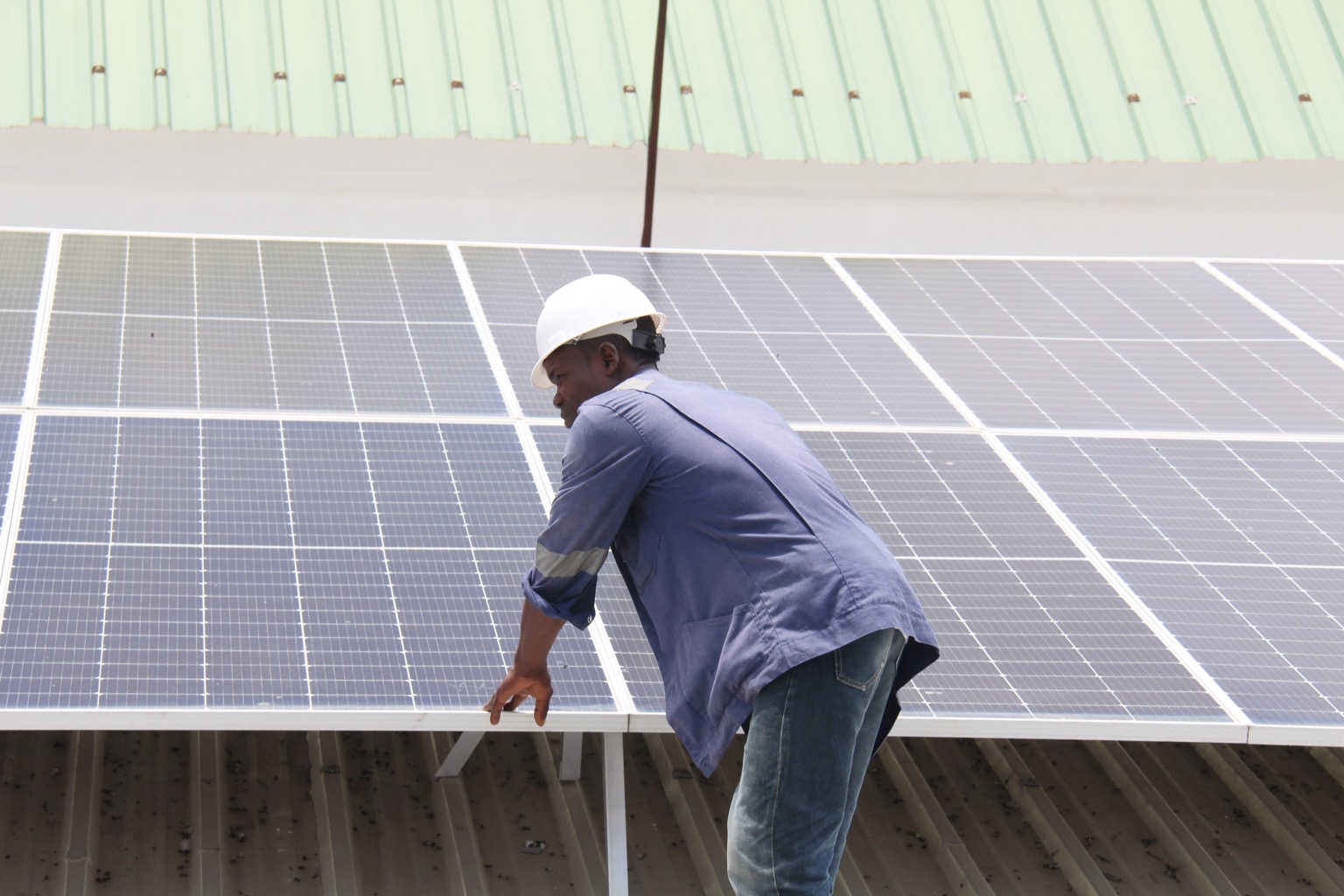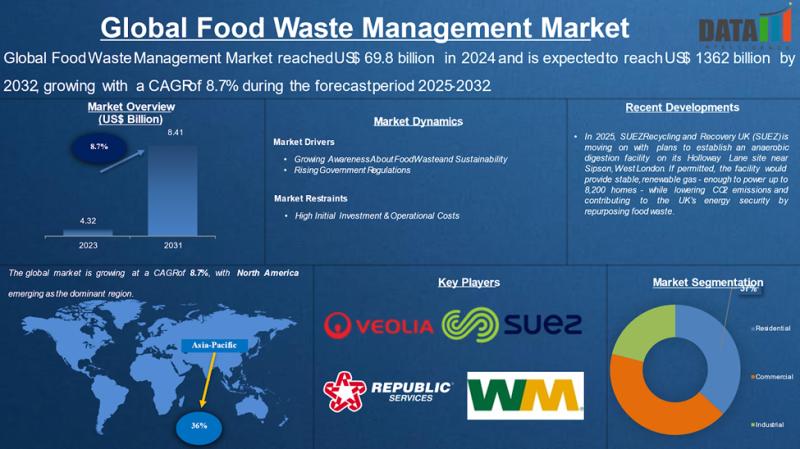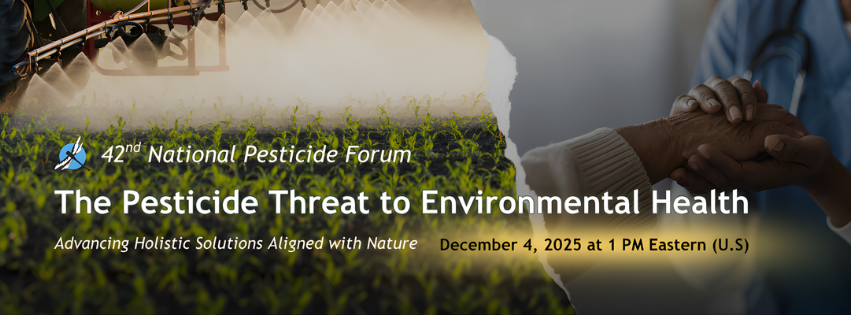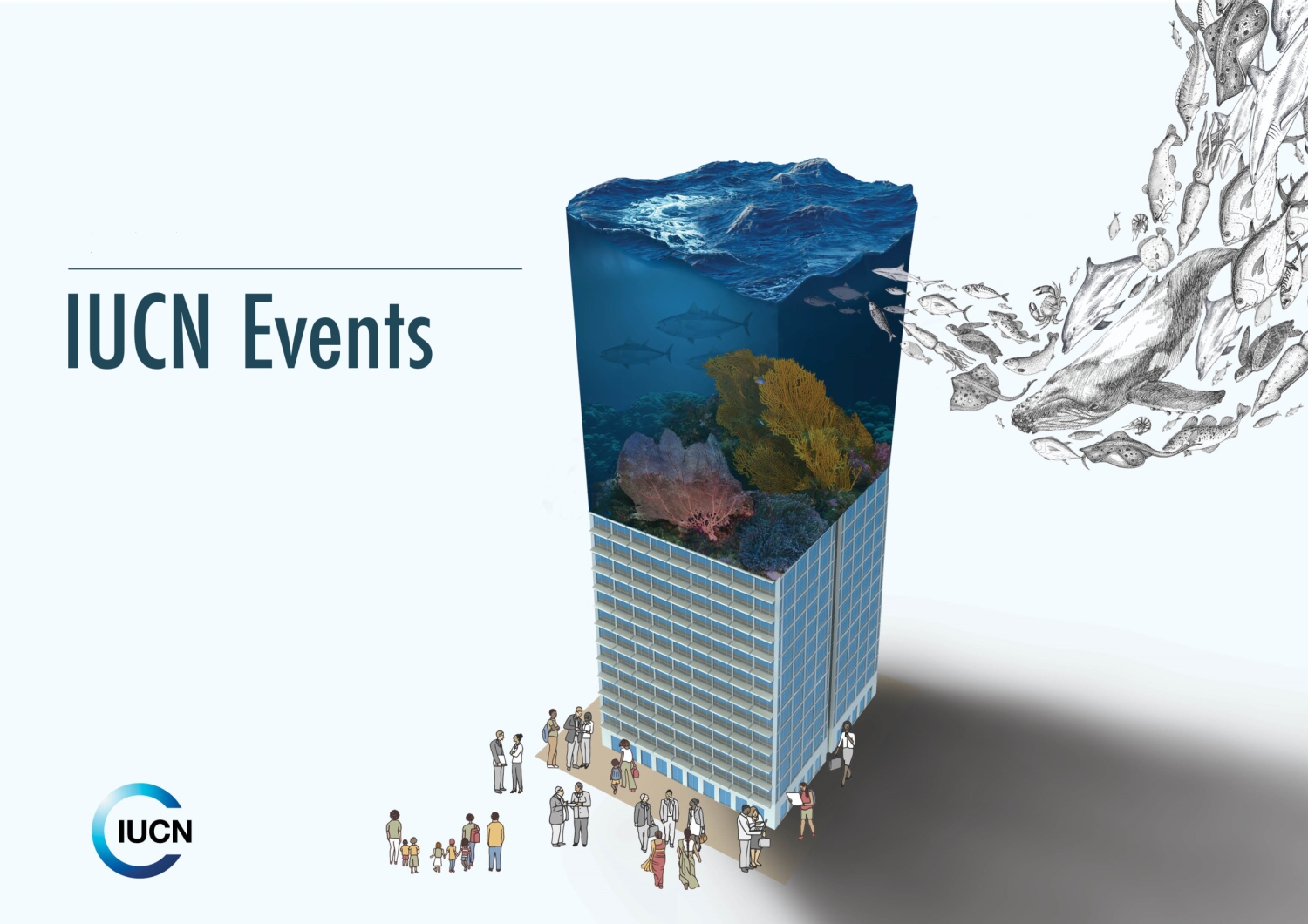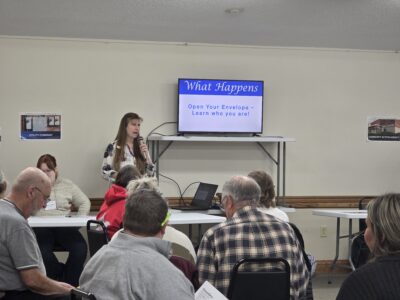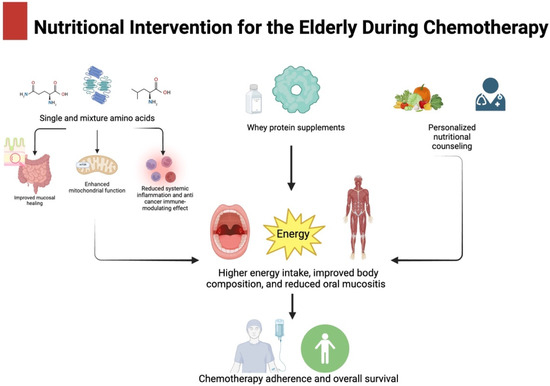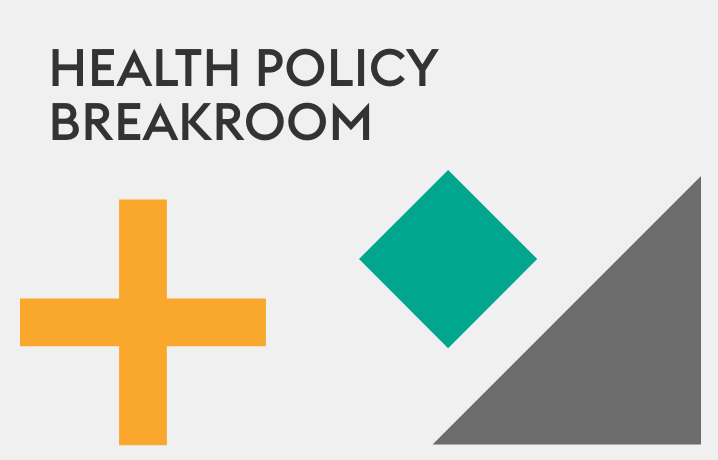Hundreds of alleged human rights abuses in immigrant detention, report finds – NBC News

Report on Alleged Human Rights Violations in U.S. Immigration Detention and Alignment with Sustainable Development Goals
Executive Summary
A comprehensive investigation conducted by the office of U.S. Senator Jon Ossoff has compiled 510 credible reports of human rights abuses within immigration detention centers. The findings present significant challenges to the United States’ commitment to key Sustainable Development Goals (SDGs), particularly those concerning health, gender equality, justice, and reduced inequalities. The alleged abuses, which include denial of medical care, mistreatment of vulnerable groups, and inhumane conditions, stand in direct opposition to the principles of ensuring well-being and justice for all.
Key Findings of the Investigation
The investigation identified a substantial number of credible allegations, categorized as follows:
- Total credible reports of human rights abuse: 510
- Allegations of physical or sexual abuse: 41
- Alleged reports of mistreatment of children (U.S. citizens and noncitizens): 18
- Alleged reports of mistreatment of pregnant women: 14
Contradictions to SDG 3: Good Health and Well-being
The report details numerous instances that contravene the core objective of SDG 3, which is to ensure healthy lives and promote well-being for all at all ages. The failure to provide adequate medical care and safe living conditions for detainees is a primary concern.
- Denial of Medical Care: Detainees, including children with severe medical conditions, were allegedly denied adequate medical treatment.
- An 11-year-old U.S. citizen recovering from a brain tumor was reportedly denied medical care.
- A 4-year-old U.S. citizen with stage 4 cancer was removed to Honduras without access to his medicines.
- A pregnant detainee who miscarried received a follow-up medical checkup only 11 days later, despite reporting ongoing pain and bleeding.
- Inadequate Living Conditions: Detainees described “horrific” and “terrible conditions” that undermine physical and mental health.
- Allegations of severe overcrowding, with individuals forced to sleep on the floor.
- Reports of inadequate access to nutrition and food shortages.
- Unsanitary conditions in multiple facilities.
Contradictions to SDG 5: Gender Equality
The investigation highlights specific and severe allegations of mistreatment against women, which conflicts with SDG 5’s aim to achieve gender equality and eliminate all forms of violence against women and girls.
- Mistreatment of Pregnant Women: Pregnant detainees faced systemic neglect and denial of essential care.
- A Department of Homeland Security (DHS) official anonymously reported seeing pregnant women sleeping on floors in overcrowded cells.
- A pregnant detainee’s repeated requests for medical attention were dismissed with instructions to “just drink water.”
- Another detainee, six months pregnant, reported nearly miscarrying twice following her detention.
- Sexual Abuse: Emergency 911 calls from detention centers in California and South Texas included reports of sexual assault, indicating a failure to protect women from violence.
Contradictions to SDG 16: Peace, Justice, and Strong Institutions & SDG 10: Reduced Inequalities
The findings suggest a failure of institutional accountability and a disregard for the rights of a vulnerable population, undermining SDG 16 (promoting just, peaceful, and inclusive societies) and SDG 10 (reducing inequality).
- Abuse and Violence (SDG 16.1 & 16.2): The report documents allegations of physical abuse by guards, including a detainee being slammed to the ground and the use of “stress positions” to punish detainees for minor infractions. The mistreatment of 18 children directly contradicts the goal to end abuse and violence against children.
- Access to Justice (SDG 16.3): Detainees reported a limited ability to contact loved ones and legal support, which is a fundamental barrier to accessing justice. Attorneys stated their pregnant clients waited weeks for medical appointments that were subsequently canceled.
- Institutional Accountability (SDG 16.6): The Senator’s office cited obstruction of congressional oversight by DHS as a limiting factor in the investigation, suggesting a lack of transparency and accountability from the institutions responsible for detainee welfare.
- Vulnerable Populations (SDG 10): The pattern of alleged abuses targets migrants and asylum-seekers, a vulnerable group, thereby exacerbating inequalities rather than reducing them.
Official Response from the Department of Homeland Security (DHS)
In response to the allegations, the DHS has issued strong denials and defended its practices.
- DHS Assistant Secretary Tricia McLaughlin stated, “Any claim that there are subprime conditions at ICE detention centers are false.”
- The department asserts that all detainees are provided with proper meals, medical treatment, and communication access with lawyers and family.
- DHS maintains that all individuals undergo medical, dental, and mental health screenings upon arrival and have access to 24-hour emergency care.
- The department characterized reporting on specific allegations as “FALSE” and “irresponsible,” claiming it contributes to the “demonization” of immigration officers.
Investigation Methodology
The conclusions of the report were based on a multi-faceted, six-month investigation.
- Interviews with 46 immigration detainees and their families, as well as dozens of attorneys, doctors, nurses, correctional workers, and law enforcement officials.
- A thorough review of public reports and court records.
- On-site inspections of six immigration facilities located in Texas and Georgia.
SDGs Addressed in the Article
- SDG 3: Good Health and Well-being
- SDG 5: Gender Equality
- SDG 10: Reduced Inequalities
- SDG 16: Peace, Justice and Strong Institutions
Identified SDG Targets
-
SDG 3: Good Health and Well-being
- Target 3.8: Achieve universal health coverage, including access to quality essential health-care services.
The article extensively details the denial of adequate medical care to detainees. Examples include a pregnant detainee being told to “just drink water” instead of receiving a checkup, another who “nearly miscarried twice,” and a woman who received a follow-up checkup only 11 days after a miscarriage. Furthermore, it cites cases of children with severe medical conditions, such as a girl with a brain tumor and a boy with stage 4 cancer, who were allegedly denied necessary medical treatment.
- Target 3.8: Achieve universal health coverage, including access to quality essential health-care services.
-
SDG 5: Gender Equality
- Target 5.2: Eliminate all forms of violence against all women and girls in the public and private spheres.
The report identifies specific abuses targeting women. It mentions “14 alleged reports of mistreatment of pregnant women” and “41 include allegations of physical or sexual abuse.” The article also cites 911 calls from a detention center that “referenced reports of threats and sexual assault,” directly connecting to the goal of eliminating violence against women.
- Target 5.2: Eliminate all forms of violence against all women and girls in the public and private spheres.
-
SDG 10: Reduced Inequalities
- Target 10.7: Facilitate orderly, safe, regular and responsible migration and mobility of people, including through the implementation of planned and well-managed migration policies.
The issues described in the article, such as “horrific” and “terrible conditions,” overcrowding, and abuse, are indicative of unsafe and poorly managed policies concerning migrants in detention. These conditions are contrary to the principles of safe and responsible migration. The “510 credible reports of human rights abuse” highlight a systemic failure to protect a vulnerable group, reflecting deep inequalities in treatment.
- Target 10.7: Facilitate orderly, safe, regular and responsible migration and mobility of people, including through the implementation of planned and well-managed migration policies.
-
SDG 16: Peace, Justice and Strong Institutions
- Target 16.1: Significantly reduce all forms of violence and related death rates everywhere.
The article points to direct violence within the detention centers. It mentions allegations of guards who “nearly broke a male detainee’s wrists after he was slammed against the ground” and the use of “stress positions’ to punish at least seven detainees.” These are clear instances of violence that this target aims to reduce. - Target 16.2: End abuse, exploitation, trafficking and all forms of violence against and torture of children.
This target is directly addressed by the “18 alleged reports of mistreatment of children in custody.” Specific cases are highlighted, including an 11-year-old girl with a brain tumor and a 4-year-old boy with cancer, who were allegedly subjected to deplorable conditions and denied care, constituting a form of abuse and violence against children. - Target 16.3: Promote the rule of law at the national and international levels and ensure equal access to justice for all.
The article notes that detainees experienced a “limited ability to contact their loved ones and legal support” and a “denial of access to attorneys.” This directly impedes access to justice, a cornerstone of the rule of law. - Target 16.6: Develop effective, accountable and transparent institutions at all levels.
The report explicitly cites “obstruction of congressional oversight by DHS as a factor limiting their ability to visit more sites and interview more detainees.” This points to a lack of transparency and accountability within the institutions responsible for the detention centers.
- Target 16.1: Significantly reduce all forms of violence and related death rates everywhere.
Mentioned or Implied Indicators
-
SDG 3: Good Health and Well-being
- Implied Indicator: The number and rate of adverse maternal health outcomes (e.g., miscarriages) among detainees. The article gives examples of a woman who miscarried and another who “nearly miscarried twice.”
- Implied Indicator: The number of detainees denied requested medical attention or medication. This is implied through multiple anecdotes, including the pregnant woman told to “just drink water” and the children with cancer denied care.
-
SDG 5: Gender Equality
- Mentioned Indicator: The number of reported cases of violence against women. The article explicitly states there were “14 alleged reports of mistreatment of pregnant women” and that the total abuse cases included allegations of “sexual abuse.” It also mentions “two 911 calls…referenced reports of threats and sexual assault.”
-
SDG 10: Reduced Inequalities
- Mentioned Indicator: The number of human rights abuses reported by or on behalf of a specific population group (migrants). The article provides a precise figure: “510 credible reports of human rights abuse.”
-
SDG 16: Peace, Justice and Strong Institutions
- Mentioned Indicator: The number of reported cases of violence, abuse, and torture. The article provides specific numbers: “41 include allegations of physical or sexual abuse” and “18 alleged reports of mistreatment of children.”
- Implied Indicator: The number of detainees who are denied timely access to legal counsel. This is implied by reports of “denial of access to attorneys” and “limited ability to contact their…legal support.”
- Implied Indicator: The number of documented instances of obstruction of official oversight. This is directly stated in the claim of “obstruction of congressional oversight by DHS.”
SDGs, Targets and Indicators
| SDGs | Targets | Indicators |
|---|---|---|
| SDG 3: Good Health and Well-being | 3.8: Achieve universal health coverage, including access to quality essential health-care services. |
|
| SDG 5: Gender Equality | 5.2: Eliminate all forms of violence against all women and girls. |
|
| SDG 10: Reduced Inequalities | 10.7: Facilitate orderly, safe, regular and responsible migration and mobility of people. |
|
| SDG 16: Peace, Justice and Strong Institutions |
16.1: Reduce all forms of violence. 16.2: End abuse and violence against children. 16.3: Ensure equal access to justice. 16.6: Develop effective, accountable and transparent institutions. |
|
Source: nbcnews.com

What is Your Reaction?
 Like
0
Like
0
 Dislike
0
Dislike
0
 Love
0
Love
0
 Funny
0
Funny
0
 Angry
0
Angry
0
 Sad
0
Sad
0
 Wow
0
Wow
0

















